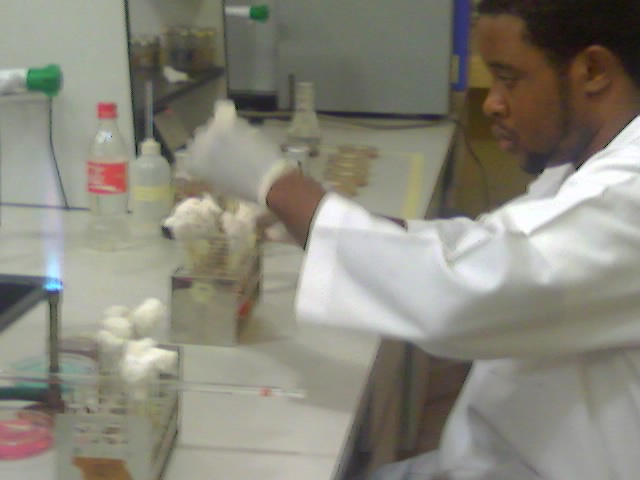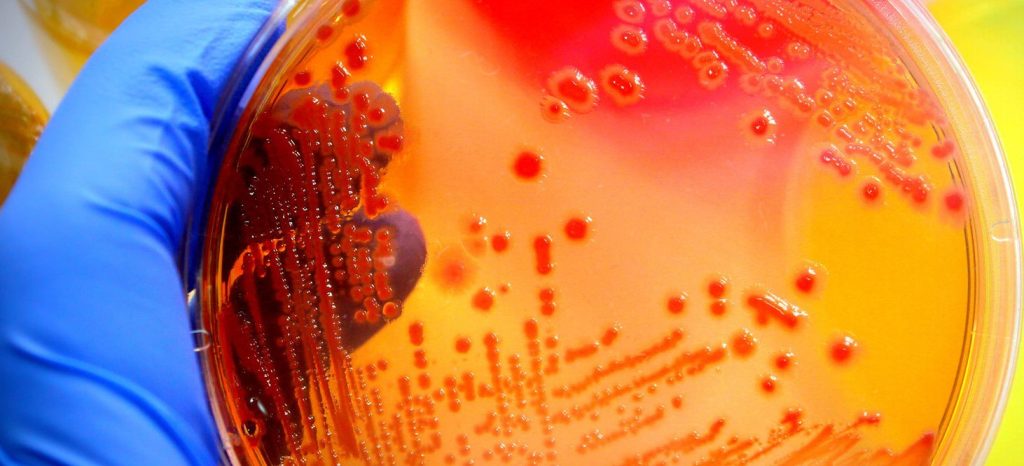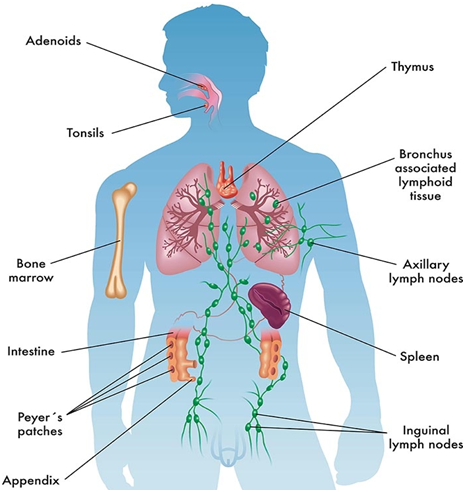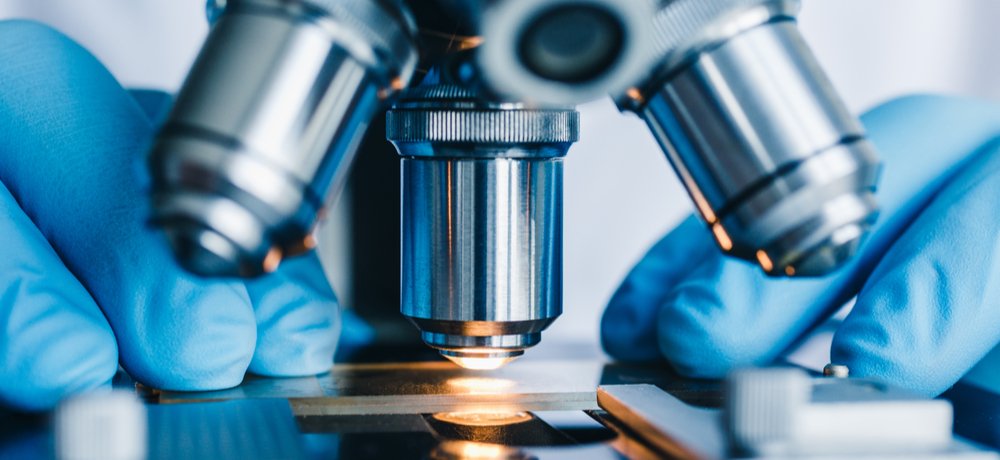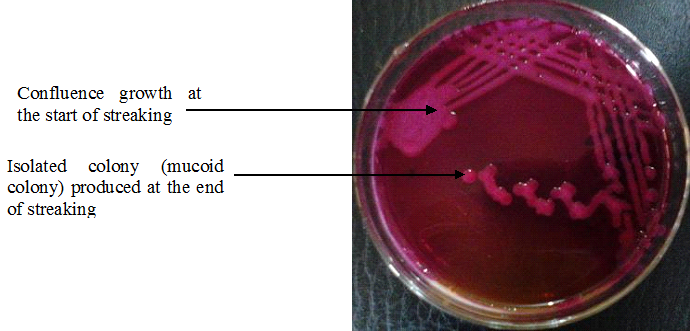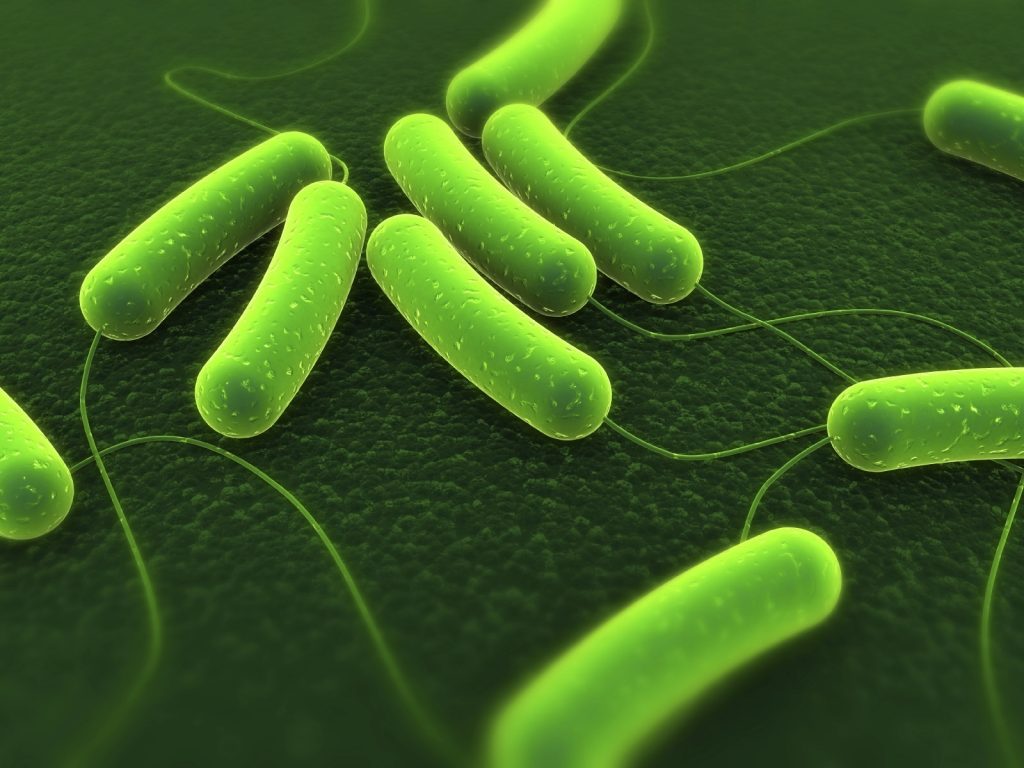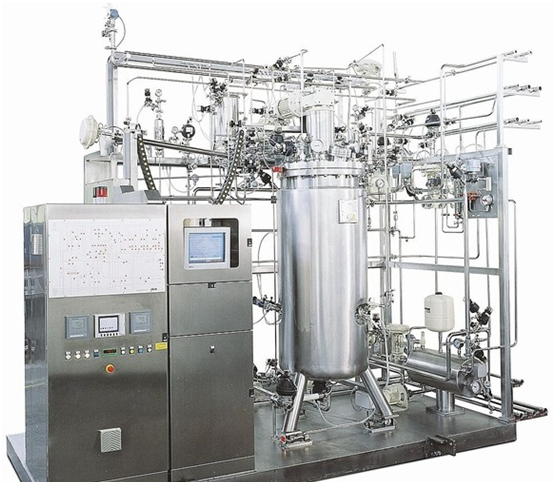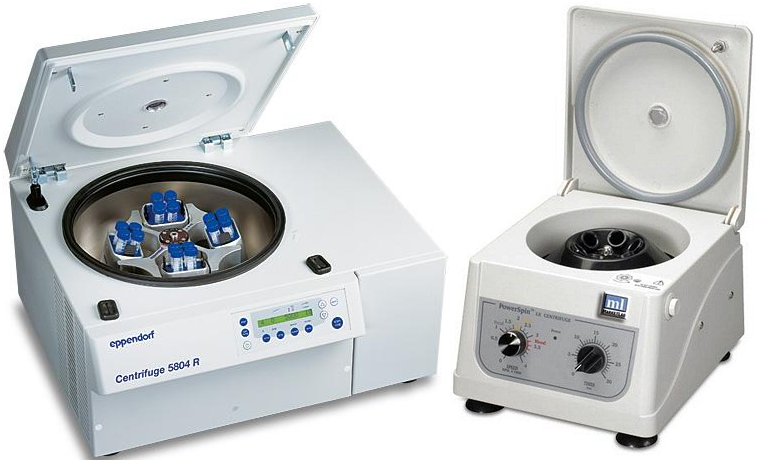Safety in Microbiology Lab
Safety first is a general slogan that is obtainable in virtually every spheres of life. It goes to show that we should guarantee safety and the wellbeing of our work environment and those involved in the work so that accident will not occur. When accident occurs (especially when safety rules are not properly imbibed), it […]
Safety in Microbiology Lab Read More »
Microbe Lab, Safety tips in Microbiology Lab
